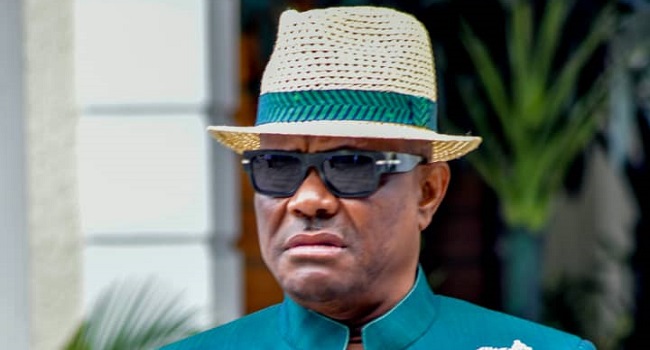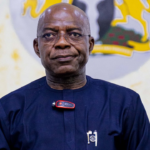
The Director of the department, Mr. Mukhtar Galadima, told newsmen after the inauguration of the committee in Abuja on Wednesday that the move was part of proactive measures to address incessant building collapse.
Galadima said, “We don’t have to wait for another building to collapse before we act. That is why we set up the committee to help investigate structures that are not structurally stable for human habitation.
“It is good to go round and identify these structures, conduct integrity tests and where necessary, provide for remedial measures and remove the structure if it is found not stable. The committee will be looking out for structures that visually may look stable but not, and recommend an integrity test.”
He noted that the committee would also make recommendations on how to reduce the incidence of building collapse to the barest minimum in the FCT, adding that the committee would equally recommend who to be engaged to conduct the integrity test.
He added that the committee comprises representatives from the Council for Registered Engineers of Nigeria, Town Planners Registration Council and Builders Registration Council.
Others are the National Institute of Building and Road Research Institute, and Standards Organisation of Nigeria, among others.
Describing the task as a “national call,” the director said that the committee had two months at the first instance to deliver on the task.
Galadima warned that any official of the department involved in sharp practices would be dealt with in accordance with the civil service rule and other extant laws.
The chairman of the committee, Mr. Allabeh Ndirmbula, said that the reasons for the building collapse were many, sighting materials, construction, design, misuse, quackery, ageing and disaster among several other factors.
Ndirmbula, a former president of the Town Planners Registration Council, said that the committee would work to address, with a focus on Phase 1 area of the FCT namely Wuse 1 and 2, Garki and Asokoro.
“What has already happened, we can’t help it; but the future is what we are looking at. We want to make sure that from now on, we have a system that checks against building collapse,” he said.
Also, a Deputy Director in Development Control and Secretary of the committee, Mr. Ajibade Adeyinka, described the building industry as a “complex industry”.
Adeyinka said that the industry had so many professionals working in the field and their jobs were interrelated with the processes and procedures of erecting a building for a specific use.
“However, there have been a lot of compromises along the way, from the developer to the owner of the building to the professionals on site, issue of quackery and poor supervision and monitoring.
“This committee intends to look at existing structures, processes and procedures and look at how to rejig it if there are issues. When you talk about building collapse, we always look at buildings under construction, but we are also looking at buildings that have been completed and occupied,” he said.





